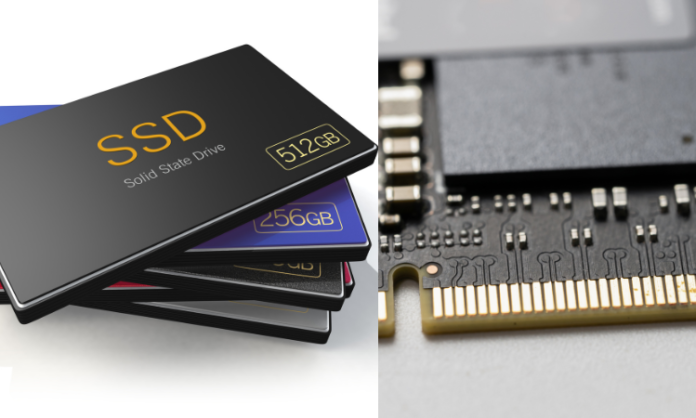
The debate between NVMe SSD vs HDD has been raging for years now, with no clear consensus on which is better. Both have their pros and cons, and the final decision often comes down to personal preferences.
NVMe SSDs are the newest type of solid-state drive, and they offer a significant performance boost over older generations of SSDs. they’re also usually more expensive.
HDDs, on the other hand, are the traditional type of hard drive. They’re slower than SSDs, but they’re also cheaper and have higher capacities. So, which is better? It depends on what you need it for. If you want the fastest possible performance-
There are many different types of storage devices on the market today, and it can be hard to decide which one is right for you. In this article, we’ll compare the three most popular types of storage devices – NVMe, SSD, and HDD – and weigh the pros and cons of each.
NVMe (Non-Volatile Memory Express) is a newer type of storage device that offers high speeds and low latency. SSD (Solid State Drive) is another popular type of storage device that is known for its fast speeds. HDD (Hard Disk Drive) is a traditional type of storage device that is more affordable but typically has lower speeds.
So which type of storage device is right for you? It depends on your needs and budget. If you need the fastest possible speeds, then NVMe is the way to go.
As the world of technology evolves, so do the options for storage devices. In the past, hard disk drives (HDDs) were the standard for storing data. However, solid state drives (SSDs) and more recently, NVMe drives, have begun to take over the market. So, what’s the difference between the three types of drives and which one is right for you?
HDDs are the traditional option and tend to be cheaper than the other two types of drives. However, they are also slower and tend to use more energy. SSDs are faster than HDDs and use less energy, but they are more expensive. NVMe drives are the newest type of drive on the market and are the fastest and most energy-efficient option. However, they are also the most expensive.
























